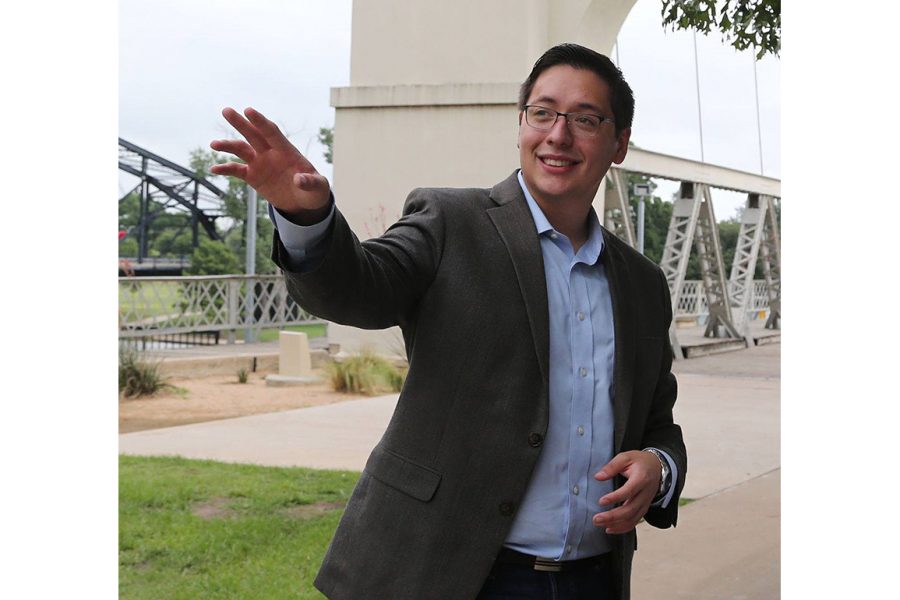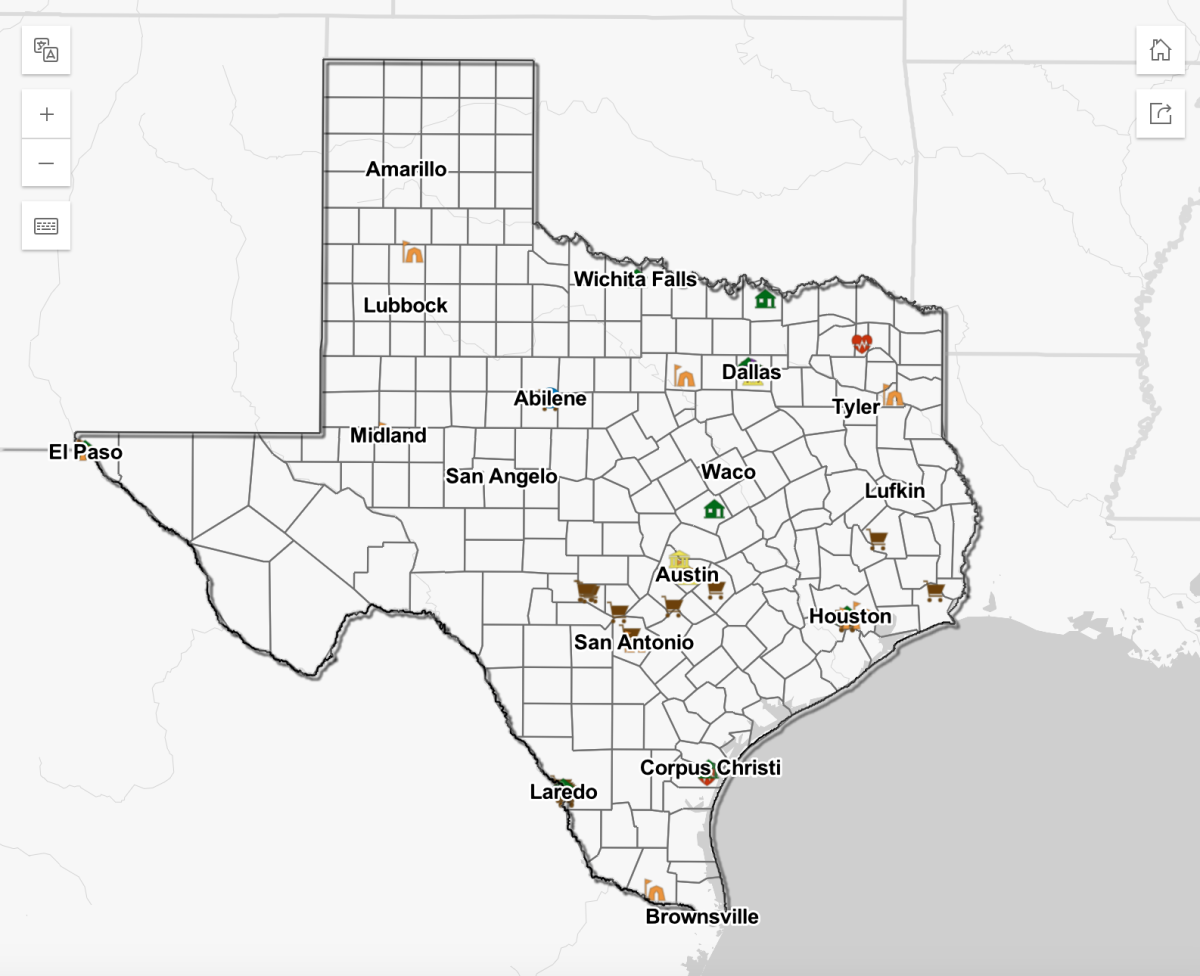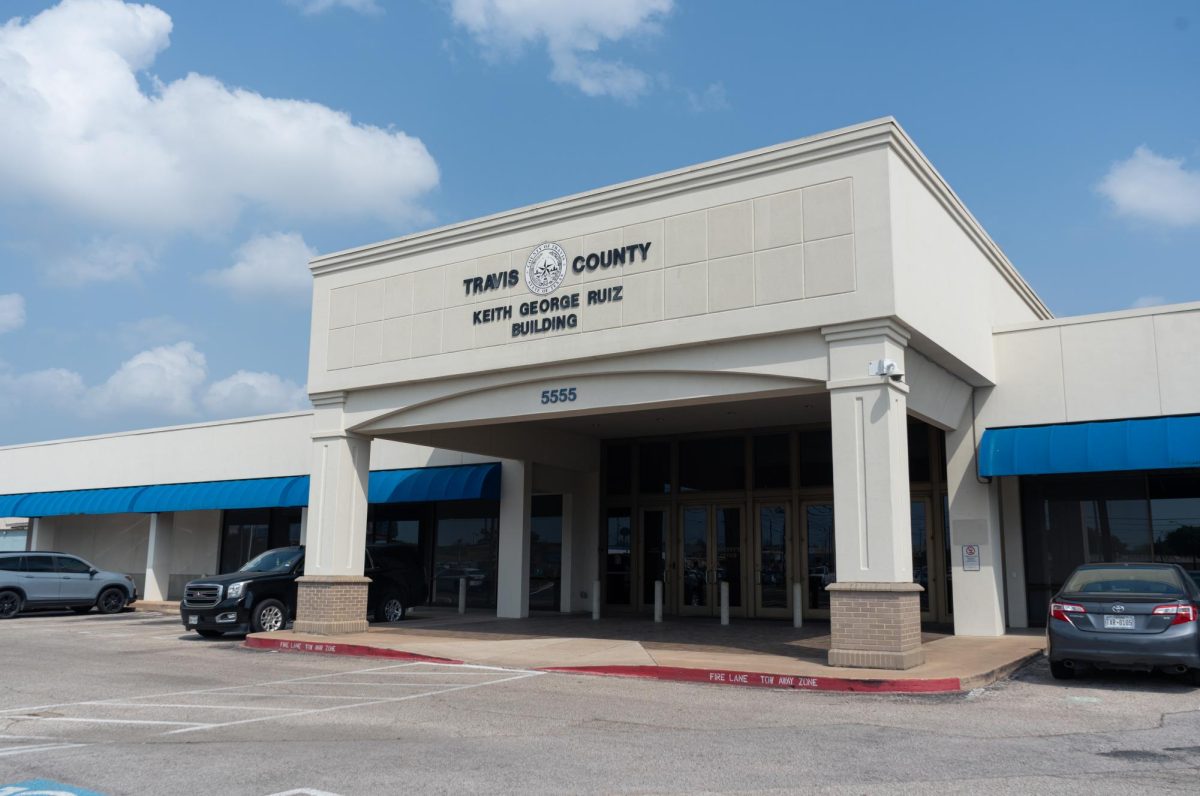Ph.D. student Dale Mantey is running as a Democrat for Congress in District 17 against Republican incumbent Bill Flores.
Mantey, who has never run for office before, announced his decision to run last June. The district he’s running for spans from Waco to Round Rock to College Station. In the past, health policy was the closest he had ever gotten to participating in the political system.
“I really do love public policy,” Mantey said. “Politics are not my thing, so I never thought I’d actually be running.”
After working in the public health field in Colorado for several years, Mantey decided to return to Texas to get his doctoral degree from the UT Health Science Center School of Public Health. Mantey said he is nearly done with his doctoral degree but will not finish his dissertation until after the election in November.
Mantey said many of his goals as a politician stem from growing up in the small town of Rockdale. After returning to Texas, he said he saw the state’s economic boom furthering the growth of cities while leaving small towns behind.
For people like his niece, who lives in Rockdale, Mantey said he worries rural areas will not be viable places to live by the time they reach adulthood.
“If you live in the city there’s money, if you live outside of the city there’s really not,” Mantey said. “This way of life may not be around for another generation.”
Republcian incumbent Bill Flores, who has held District 17 since 2011 and faces no primary opponents, is a large part of Mantey’s desire to run for Congress instead of the state Legislature. Mantey said Flores is an “absentee representative” who has failed to support his constituents, especially in rural areas.
“There’s a genuine lack of representation right now,” Mantey said. “So, someone needs to replace him.”
Democrat Rick Kennedy is Mantey’s only opponent in the upcoming March primary. Mantey said he looks forward to the competition because it symbolizes part of the growing force of Democrats in Texas, which is traditionally a Republican stronghold.
For students, Mantey said he wants to reinforce student debt forgiveness through a new program for individuals who work in the public sector. This program, for people such as teachers and police officers, would erase 10 percent of their student debt each year until it is completely forgiven, Mantey said.
Currently, a similar program exists, but the individual with student debt must work and stay on top of their debt payments for 10 years in a specific sector before seeing any relief.
Mantey said he hopes this will encourage more people to go into professions like teaching and law enforcement, which are crucial to society but not as profitable as sectors like tech or business.
“This is not something that grabs headlines,” Mantey said. “It’s not a sexy policy position, but it would put a lot more money into a lot of people’s pockets.”





















